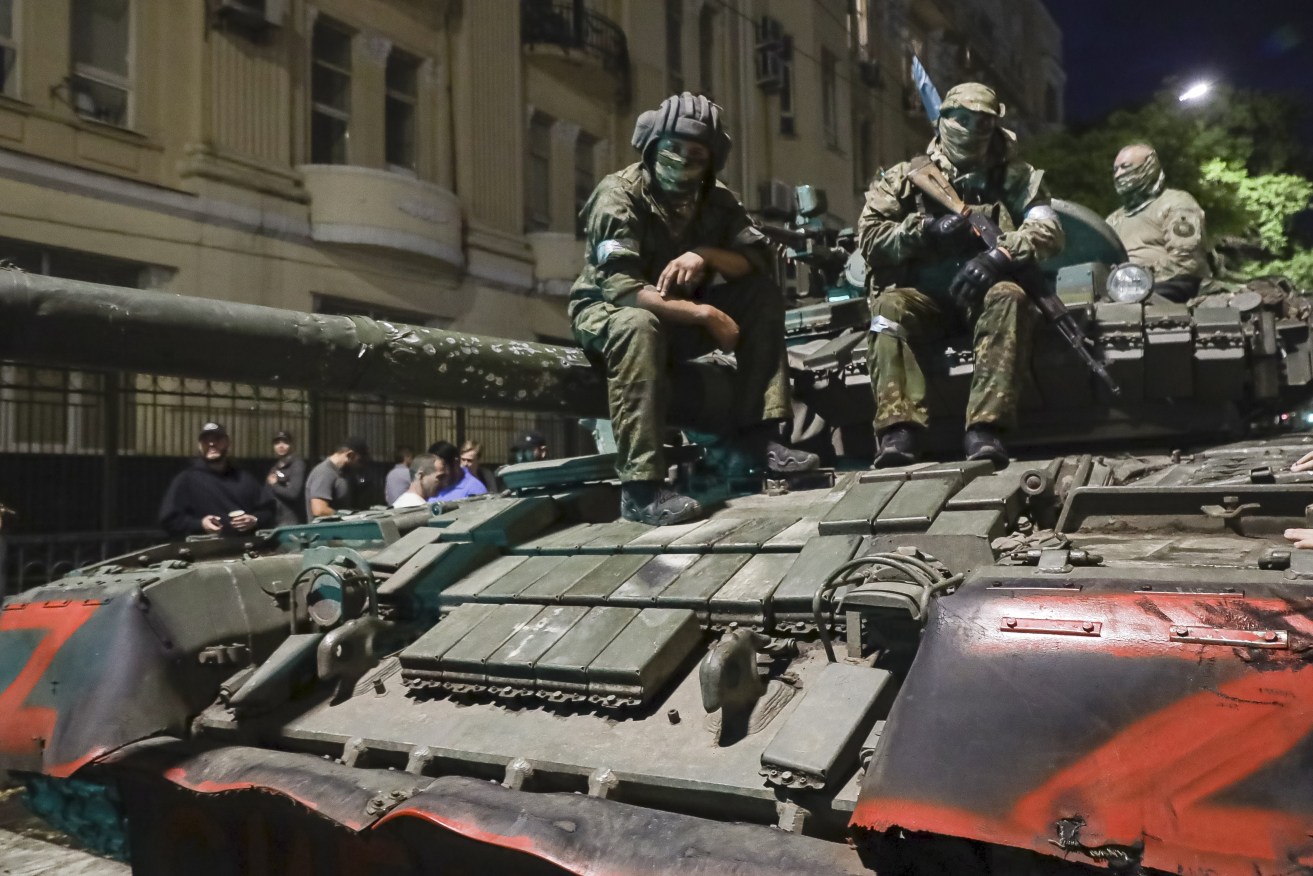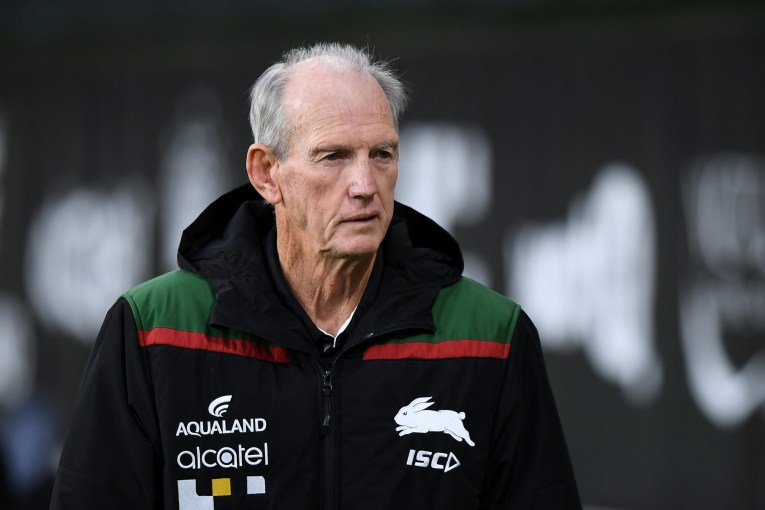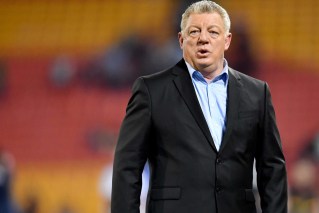Putin’s power base is shrinking by the minute, despite mercenary backdown
Russian government troops have withdrawn from the streets of Moscow but a short-lived revolt by rebel mercenaries has left uncertainty about the strength of President Vladimir Putin amid a fierce counteroffensive in Ukraine.

Members of the Wagner Group military company sit atop of a tank on a street in Rostov-on-Don, Russia, prior to leaving an area at the headquarters of the Southern Military District. (AP Photo, File)
The aborted march on the capital by Yevgeny Prigozhin and his Wagner troops, some of the most effective fighters in Ukraine, also left their fate unclear.
Under the terms of the agreement that ended the crisis, Prigozhin will go into exile in Belarus but will not face prosecution. Neither Putin nor Prigozhin have been heard from since the deal, brokered by Belarussian President Alexander Lukashenko, was announced on Saturday night.
US Secretary of State Antony Blinken described the weekend’s events as “extraordinary,” recalling that 16 months ago Putin appeared poised to seize the capital of Ukraine and now has had to defend Moscow from forces led by his onetime protege.
“I think we’ve seen more cracks emerge in the Russian façade,” Blinken said on NBC’s “Meet the Press.”
The 24-hour rebellion resulted in some of the most effective forces fighting for Russia being pulled from the battlefield: Prigozhin’s Wagner troops, who scored the Kremlin’s only land victory in months, in Bakhmut, and Chechen soldiers sent to stop them on the approach to Moscow.
The Wagner forces’ largely unopposed, rapid advance also exposed vulnerabilities in Russia’s security and military forces, with reports of several helicopters and a military communications plane being downed.
A possible motivation for Prigozhin’s rebellion was the Defence Ministry’s demand, which Putin backed, that private companies sign contracts with it by July 1. Prigozhin had refused,
Ukrainians hoped the Russian infighting could create opportunities for their army, which is in the early stages of a counteroffensive to take back territory seized by Russian forces.
Ukrainian President Volodymr Zelenskyy said he told US President Joe Biden in a phone call on Sunday that the aborted rebellion in Russia had “exposed the weakness of Putin’s regime.”
In their lightning advance, Prigozhin’s forces took control of two military hubs in southern Russia and got within 200 kilometres from Moscow before retreating.
People in Rostov-on-Don cheered Wagner troops on Saturday, a scene that played into Putin’s fear of a popular uprising.
Yet the rebellion fizzled quickly, in part because Prigozhin did not have the backing he expected from Russian security services.
“Clearly, Prigozhin lost his nerve,” retired US Gen. David Petraeus, a former CIA director, said on CNN’s “State of the Union.”
“This rebellion, although it had some applause along the way, didn’t appear to be generating the kind of support that he had hoped it would.”
Rostov appeared calm Sunday morning, with only tank tracks on the roads as a reminder of the Wagner fighters.
By Sunday afternoon, troops had withdrawn from Moscow’s outskirst and traffic had returned to normal, although Red Square remained closed to visitors. On highways leading to Moscow, crews repaired roads ripped up just hours earlier in panic.
Anchors on state-controlled television stations cast the deal ending the crisis as a show of Putin’s wisdom and aired footage of Wagner troops retreating.
But the revolt and the deal that ended it severely dented Putin’s reputation as a leader willing to ruthlessly punish anyone who challenges his authority.
The US had intelligence that Prigozhin had been building up his forces near the border with Russia for some time. That conflicts with Prigozhin’s claim that his rebellion was a response to a Russian military attack on his field camps in Ukraine on Friday that he said killed a large number of his men. The Defence Ministry denied attacking the camps.












